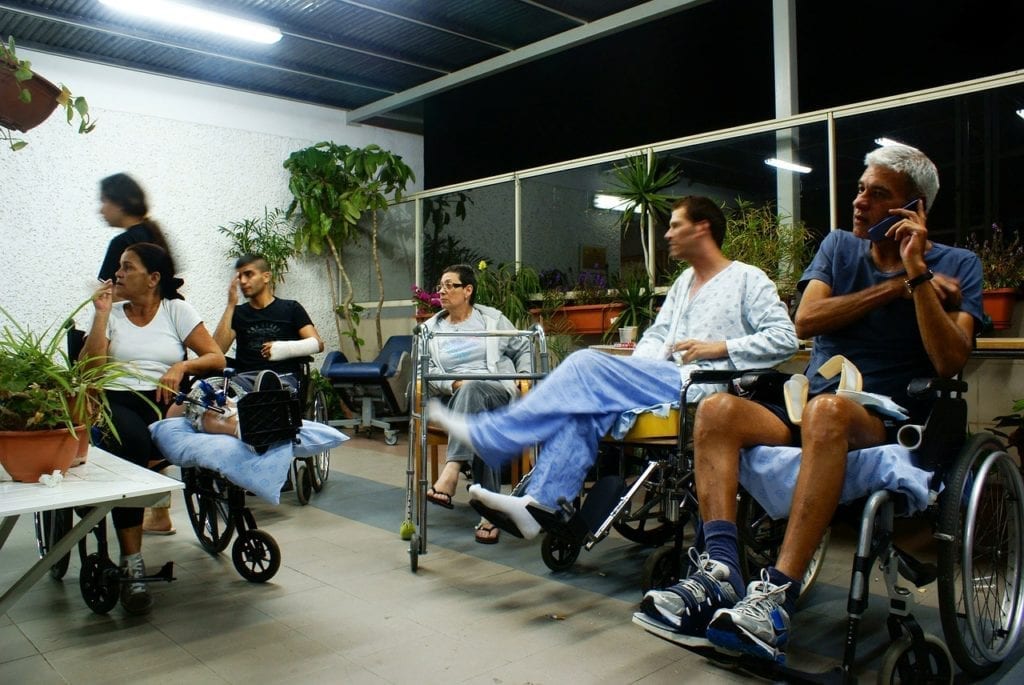According to a story from the Rare Disease Report, the results of a recent survey questionnaire indicate that communicating with other rare disease patients can cause a significant improvement in quality of life for patients with familial chylomicronemia syndrome (FCS). Having a rare disease is often an isolating experience both socially and emotionally, and it can often be a challenge for anyone aside from other patients to be able to relate to the situation.
FCS, which is also known as lipoprotein lipase deficiency, is a rare disorder caused by a genetic mutation that causes the patient to be unable to produce lipoprotein lipase, which is essential for the breakdown of triglycerides. This causes an accumulation of triglycerides in the blood and chylomicrons in the blood plasma. Symptoms first appear early in life, and include failure to thrive and colic-like pain. Later in life, the most common symptoms are are long-term abdominal pain and acute pancreatitis. Severe pancreatitis can be life threatening, and may also lead to diabetes. Treatment involves a strict, low fat diet that is free of simple carbs in order to minimize the risk of cardiovascular disease and pancreatitis. Statins and lipid lowering drugs can also be supplementary. To learn more about FCS, click here.
The importance of emotional support and connectivity with other patients can play a critical role for patients, and has been linked to improvements in well-being, overall health, and disease outlook. The survey demonstrated that the patients that considered themselves to be the most connected to others had far greater motivation to maintain their own health, and more strongly felt that their health was their own responsibility. Connected patients were also happier with their treatment from caregivers. At the same time, physicians reported greater satisfaction with the efforts of their patients as well when they were connected with patient support groups.






